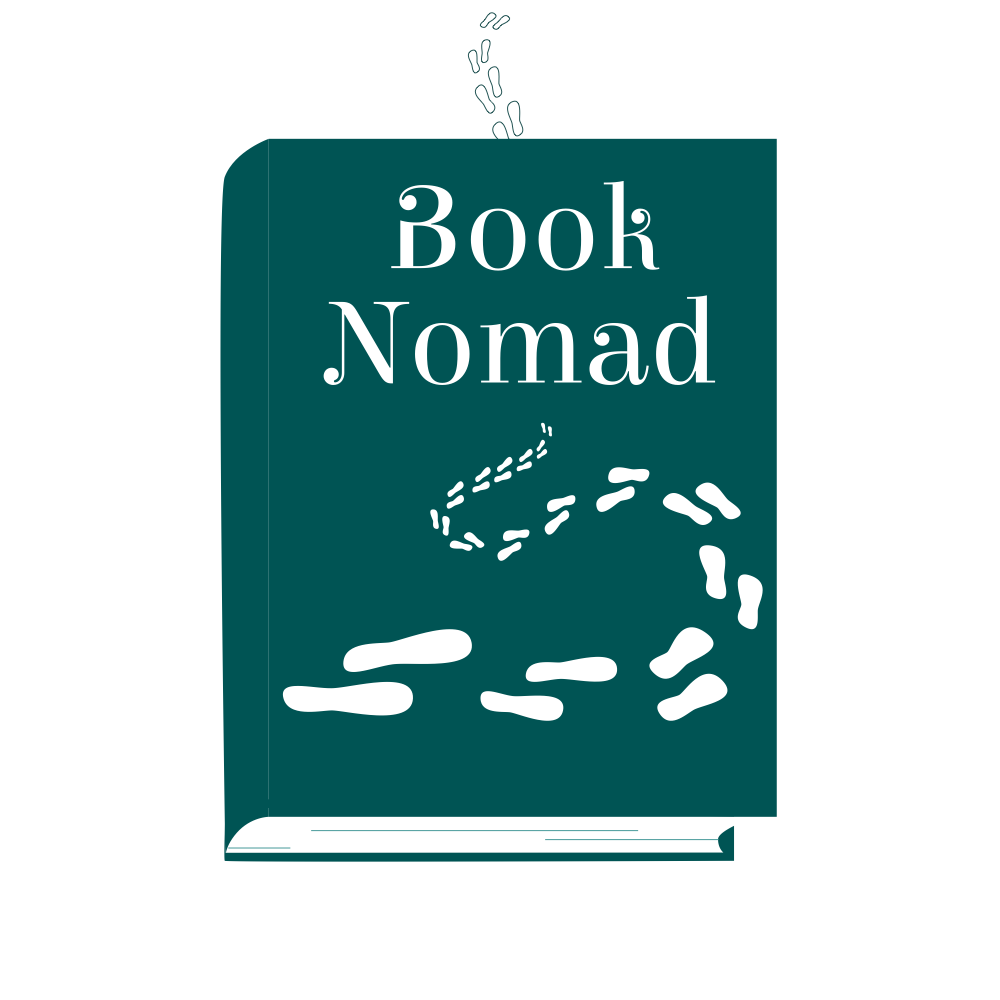In keeping with her previous works, Leila Aboulela portrays many different perspectives with a gentle empathy while being clear about what is right and wrong. In this case, she shows the perspectives of Muslim and non-Muslim Sudanese, men and women, locals and foreigners, society’s wealthiest and poorest. None are demonised based on their social group, but are taken as individual people, some of whom make more mistakes than others. Slavery features prominently throughout the book with one of the main characters being enslaved and freed several times during the story. As well as showing different attitudes toward slavery at the time, the story really emphasised for me how easily the character would find herself enslaved, especially in times of war and chaos. Leila Aboulela also puts a lot of emphasis on women’s experiences and, through showing us the ways they interact with the unfolding events and their diverse circumstances, empowers them in their own stories. Often, especially in modern Western literature, an “empowered” woman is a woman who is the exception to the general circumstances of women; in particular, she is often given traditionally male characteristics or roles (a stereotypical example is Wonder Woman) to prove her superiority. The beauty of Leila Aboulela’s female characters is that she gives them agency in natural ways in keeping with their social context and this is never done in an apologetic manner. Similarly, she is unapologetic about local Islamic practices, such as polygamy. In this very natural way, Leila Aboulela asserts the value of Islam and a society oriented around Islamic values, as well as that of Sudanese or indeed an African society, without ever preaching or explicitly justifying herself. I believe this is her appeal for many readers, tired perhaps of the reactionary undertone found in some modern Western writing.





0 Comments